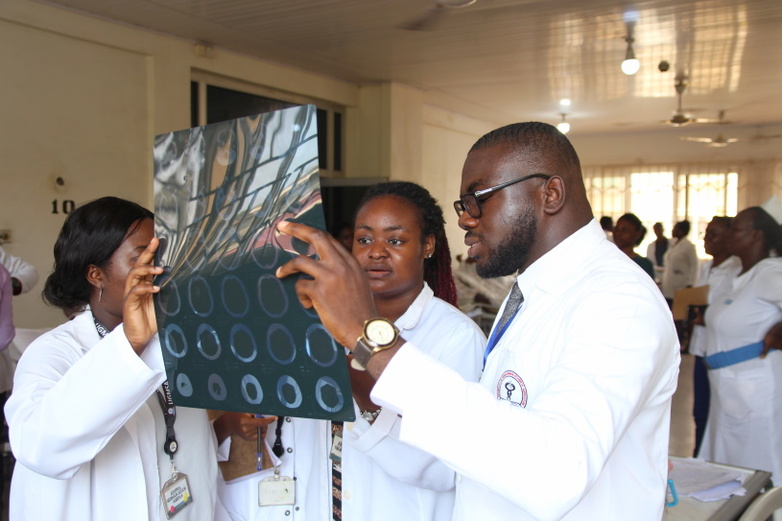
The surge in stroke cases among young Ghanaian men has raised serious concerns in the healthcare community. Once perceived as a health issue primarily affecting older individuals, strokes are now becoming alarmingly prevalent in the younger male population. In this article, we will delve into the potential causes of this worrying trend, including the abuse of aphrodisiacs, and discuss crucial preventive measures to curb the rise of strokes among Ghanaian young men.
CAUSES OF RISING STROKE CASES
Aphrodisiac Abuse: In the world of aphrodisiacs, a lack of proper regulation has paved the way for the availability of untested products, and the consequences are far from amorous. Some of these so-called love potions harbor ingredients that can send blood pressure soaring, walking the treacherous path towards hypertension. The lure of heightened sexual performance has led to the misuse and abuse of these substances, particularly among young men, with dangerous implications. The alluring promises of enhanced desire and prowess come at a steep price, as the hidden dangers lie in wait. Unbeknownst to many, these aphrodisiacs can harbor harmful elements that take a toll on blood vessels, paving the way for the ominous formation of clots, and ultimately leading to an increased risk of stroke. A cautionary tale of pleasure-seeking gone awry, where the enchantment fades, and the consequences become all too real.
Hypertension (High Blood Pressure): Hypertension is a leading risk factor for stroke. The prevalence of high blood pressure among young Ghanaian men is rising, partly due to stress, poor dietary habits, and genetic factors.
Diabetes and Obesity: Increasing rates of diabetes and obesity in Ghanaian young men further elevate stroke risk. Uncontrolled diabetes and excessive body weight can damage blood vessels and promote the formation of blood clots.
Sedentary Lifestyle: Embracing sedentary habits, such as minimal physical activity and prolonged sitting, significantly contribute to stroke risk. Lack of exercise can lead to obesity, hypertension, and unhealthy cholesterol levels, all of which are significant stroke risk factors.
Unhealthy Diets: Poor dietary choices, characterized by high salt, saturated fats, and processed foods intake, can contribute to the development of hypertension and obesity, further elevating stroke risk.
Smoking and Substance Use: Engaging in smoking and substance abuse can have severe repercussions on blood vessels and the cardiovascular system, increasing the likelihood of strokes among young men.
Stress and Mental Health: High stress levels and poor mental health can also impact stroke risk. Young Ghanaian men facing pressure from work, relationships, or societal expectations may be particularly vulnerable to the effects of stress on stroke risk.
PREVENTIVE MEASURES
Education and Awareness: Raising awareness about the dangers of aphrodisiac abuse and the importance of leading a healthy lifestyle can empower young men to make informed choices.
Encourage Physical Activity: Promoting regular exercise and engaging in physical activities can significantly reduce stroke risk. Encouraging sports, fitness routines, or even regular brisk walks can be beneficial.
Balanced Diet: Encouraging a balanced diet rich in fruits, vegetables, whole grains, and lean proteins while limiting salt and unhealthy fats can contribute to better cardiovascular health.
Smoking Cessation and Substance Avoidance: Implementing campaigns to encourage smoking cessation and substance avoidance can greatly reduce stroke risk among young men.
Stress Management: Providing resources and support for stress management techniques, such as mindfulness, counseling, or relaxation exercises, can promote mental well-being and lower stroke risk.
Addressing the rising stroke cases among young Ghanaian men requires a multifaceted approach, considering the role of aphrodisiac abuse and other risk factors. By promoting awareness, educating about the risks, and advocating for healthier lifestyles, we can prevent strokes and protect the well-being of young men in Ghana. Implementing preventive measures and fostering a culture of health will contribute to reducing stroke incidence, ensuring a brighter and healthier future for the young population.
